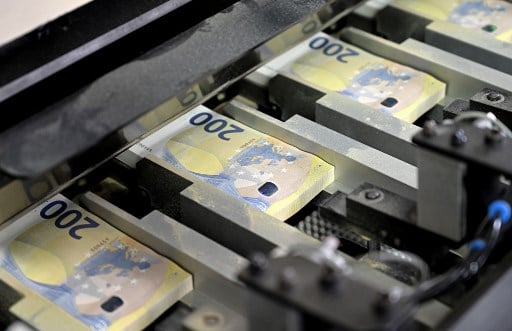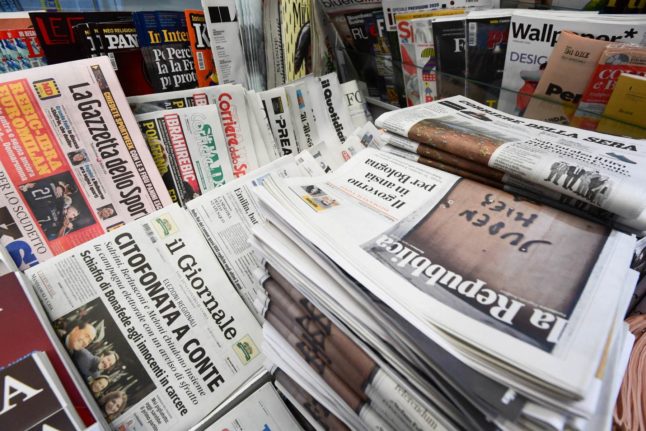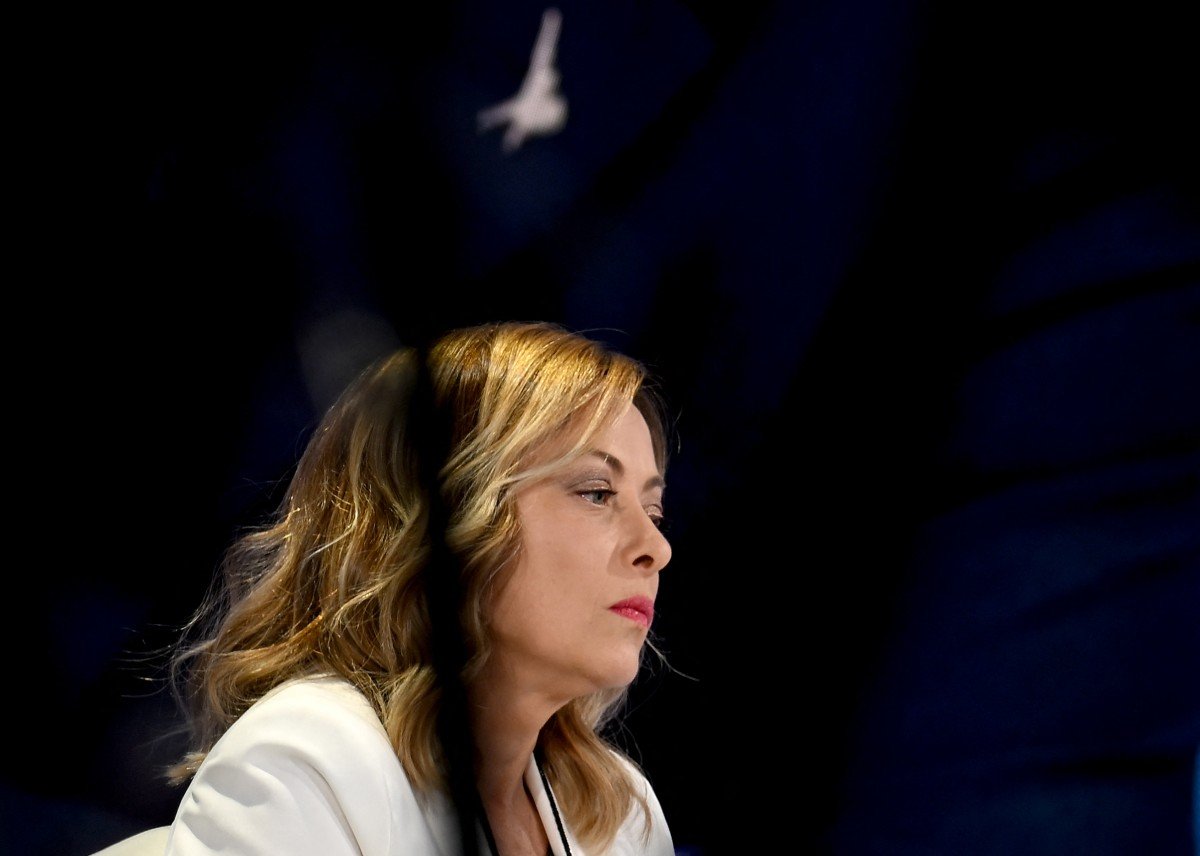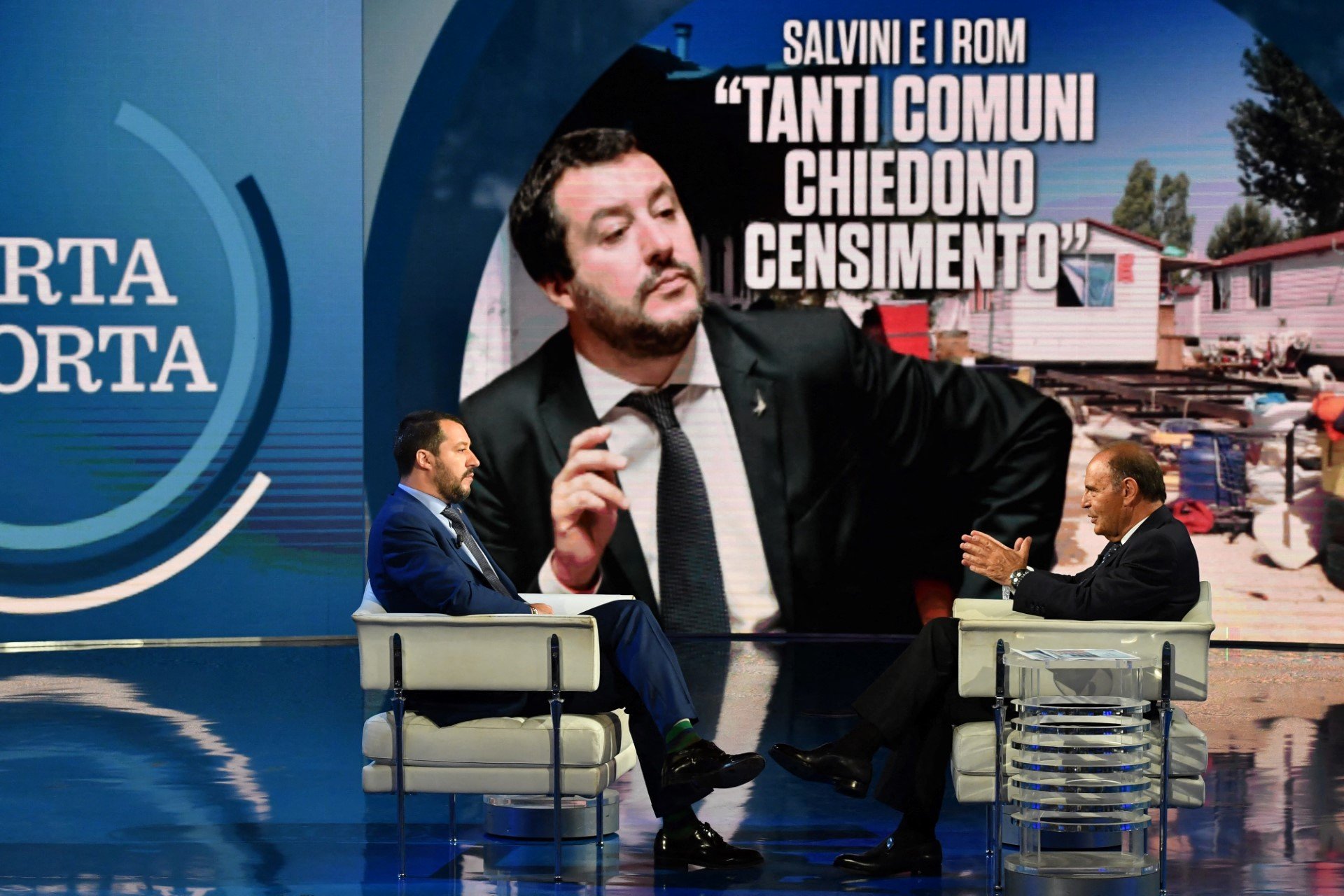The European Commission said on Wednesday that it was giving the green light to Italy's budget plan for 2020, news agency Ansa reports, even though it risks “non-compliance with the Stability and Growth Pact in 2020”.
READ ALSO: What Italy's new budget proposals mean for foreign residents
European Commission heads warned that Italy's budget plan risks breaching the bloc's tough public spending rules next year.
France, Spain, Portugal, Slovakia, Slovenia, Finland and Belgium were also in the EU's cross-hairs over bloated budgets, but it put particular pressure on Rome to deliver reforms.
Often flouted, the EU rules on public debt and deficits are the cornerstone of eurozone membership: Countries using the single currency are asked to limit deficit spending to three percent of GDP and overall debt to 60 percent.
Of particular concern for Brussels was Italy's mountain of debt that is expected to balloon to a huge 136.8 percent of GDP, the highest in the eurozone except for bailed out Greece.

Italian Prime Minister Giuseppe Conte in Brussels. Photo: AFP
Italy has “not sufficiently used favourable economic times to put their public finances in order,” said commission vice president Valdis Dombrovskis.
“In 2020, they plan either no meaningful fiscal adjustment or even a fiscal expansion,” he added.
In order to fight ballooning debt, national governments are under orders from the commission to reduce long-term costs such as public pensions, or to make it easier to legally hire and fire workers.
Rome is in disagreement with the EU on the ambition of pledged reforms, and will have to negotiate with Brussels over the coming months in order to avoid potential penalties next year.
READ ALSO: Four key economic challenges facing Italy's new government
A year ago, for the first time ever, the European Commission rejected a national budget when it turned down Italy's 2019 spending plans that were submitted by the country's previous government, a populist far-right coalition.
After loudly refusing to cave to Europe's demand, Rome later acquiesced and accepted the tighter spending and debt reduction demanded by Brussels.
That government later collapsed after far-right League leader and former interior minister Matteo Salvini tried to force early elections. It was replaced by a coalition of the anti-establishment Five Star Movement and centre-left Democratic Party.
“We cannot compare the budget debate we are having this year… a serious one… with the confrontation we had a year ago,” EU economics affairs commissioner Pierre Moscovici said earlier this month.





 Please whitelist us to continue reading.
Please whitelist us to continue reading.
Member comments